Egypt ranks 3rd in MENA on Coursera Global Skills Report 2023

Coursera, the leading global online learning platform, released the 5th annual Global Skills Report, which draws on data from millions of learners on Coursera to help leaders in business, government, and higher education understand the rapidly changing skills landscape and talent distribution worldwide.
The Global Skills Report 2023 presents data on 100 countries drawn from Coursera’s registered learner base of more than 124 million learners. They concentrate on three of the most popular, job-relevant skill domains: business, technology, and data science. They use this data to illustrate regional and national trends around talent skill proficiency and opportunity.
“I’m proud to present our fifth annual Global Skills Report, which draws on data from millions of learners on Coursera to help leaders in business, government, and higher education understand the rapidly changing skills landscape and talent distribution worldwide. Digital transformation, automation, and globalization are reshaping the labor market and creating an unprecedented need for reskilling and upskilling. Generative AI intensifies this urgency, posing a threat to a new class of knowledge workers. The World Economic Forum’s Future of Jobs Report predicts that over 60% of workers will need retraining between now and 2027, but only half of these workers have access to adequate training opportunities” stated Jeff Maggioncalda, Coursera CEO.
With over 120 million learners, 7,000 institutions, and 5,400 courses from 300 of the world’s top universities and industry partners, Coursera has one of the largest data sets for identifying and measuring skill trends. We hope this report offers leaders a starting point for navigating change and disruption. Together, businesses, governments, and higher institutions can create a world where anyone, anywhere has the power to transform their lives through learning.
Report’s KEY FINDINGS:
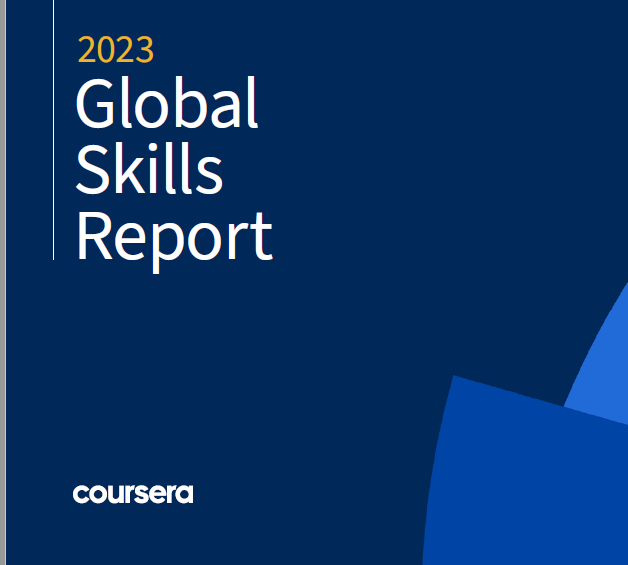
Economic growth is tied to skill proficiency
There are strong correlations between higher skill proficiency and economic advances like human capital potential4 and innovation. Notably, the combined Average GDP per Capita of countries where learners have demonstrated cutting-edge proficiency scores is roughly four times higher than that of countries where learners are falling behind in skill proficiencies.
Internet access is tied to economic opportunity
Online learning makes it possible for more individuals to access educational opportunities that lead to better job prospects, particularly amid the rise of remote work. Countries where learners have competitive and cutting-edge overall skill proficiency scores also have higher average internet scores than countries where learners have lagging and limited scores, highlighting the role of the Internet and online learning in driving economic growth.
Learners in high-income countries are more likely to invest in learning human skills
In comparison to middle- and low-income countries, learners in high-income countries are more likely to invest in skills that cannot easily be automated, such
as project management, change management, and collaboration. Meanwhile, learners in middle-income countries are more likely to invest in digital skills, such as software architecture, mobile development, and programming principles, which may enable them to participate in local and remote talent opportunities that require digital skills.
Learners with postgraduate education are most likely to invest in AI-related skills
Learners with a postgraduate degree are more likely to learn skills that drive the development and research of AI, including skills such as artificial neural networks, applied machine learning, and computer vision, in comparison to learners with less education.
Many countries are closing the gender gap in online learning
On average, only 43% of Coursera learners from the countries covered in this report identify as women. Canada (55%) has one of the highest percentages of learners who are women on the Coursera platform. Other countries that have achieved fifty-fifty parity in access to online learning include the Philippines (51%), Thailand (51%), Mexico (51%), and Spain (50%). The share of STEM-related certificate enrollments from women increased from 25% in 2019 to 38% in 2022.
Learners around the world are preparing for digital roles with Professional Certificates
Global demand for Professional Certificates is surging year-over-year (YOY), particularly in Sub-Saharan Africa (80%), the Asia Pacific region (69%), and North America (53%). The highest growth rates are in the Philippine (253%), Pakistan (228%), and Brazil (171%). The United States leads in overall Professional Certificate enrollment with 1.3 million enrollments, followed by India (654,000) and Nigeria (142,000). Notably, low-income countries experience the greatest enrollment growth, while high-income countries have the highest overall enrollments.
Skilled talent can be found around the world
Europe leads the global skill rankings with eight of the top ten countries. The remaining two are Indonesia and Japan. European learners excel in business skills, while those in Latin America and the Caribbean lead in technology and data science. Strengths can be found across regions and countries. For example, learners in Botswana demonstrate high proficiency in business skills, and learners in Kazakhstan excel in technology skills.
Egypt’s Ranking in the Report
Coursera currently has more than 2.2 million learners from Egypt, with an average age of 28, 36% of whom are women. 68% of learners pursue learning on mobile devices.
Egypt ranked61 in the Global Skills Report 2023 and 3rd in technology in MENA, with learners achieving cutting-edge scores in theoretical computer science (91%), operating systems (77%), and mobile development (77%). Data science represents the largest area of improvement, though learners achieve a cutting-edge rating for mathematics (95%). Learners achieve cutting-edge scores for business skills like accounting (90%) and communication (81%).
In comparison to learners in other countries, Egyptian learners are more likely to invest in human skills, like people analysis (2.73x) and influencing (2.06x), and AI-related skills like artificial neural networks (1.34x), deep learning (1.25x), and applied machine learning (1.2x). The Professional Certificate Enrollment Growth from Egypt increased by 23% to obtain professional certificates.
Egyptian learners are typically younger than the global average. Technology is the greatest area of strength, while leaders can further invest in data science skills, harnessing learner interest in AI-related skills and Professional Certificates to do so. Nearly all Egyptian students (98%) say that earning a Professional Certificate would help them stand out to employers and get a job after graduation.
Click Here to download a full version of the report.
Click Here to learn more about Coursera Global Skills Reports for 2022.
Click Here to learn more about Coursera Global Skills Reports for 2021.




















































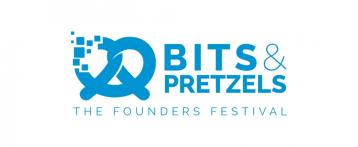



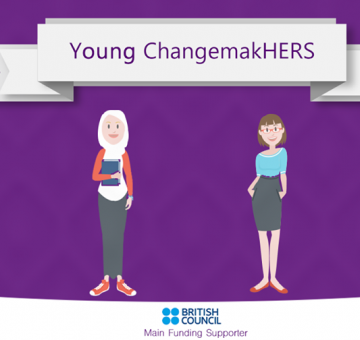




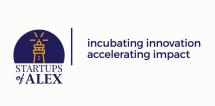




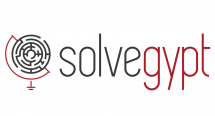


EgyptInnovate site is not responsible for the content of the comments